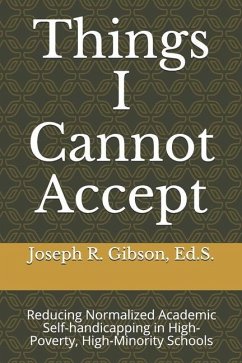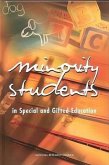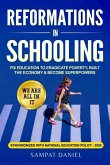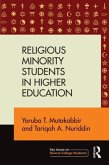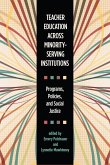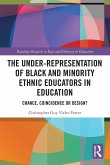Please check out more of our related titles at thePGI.org/global-press!This book's core argument is that even after taking into account the adverse circumstances and palpable consequences of educational inequality in this country, the underachievement endemic to schools that are high-poverty and/or have higher percentages of African-American students primarily stems from these students' uniquely normalized, maladaptive overreliance on academic self-handicapping. Accordingly, if we are to ever end this underachievement, we must expose academic self-handicapping as arguably its primary catalyst, convince educators to problematize and stop tolerating academic self-handicapping from these students, and prepare our students to overcome their overreliance on academic self-handicapping. Doing anything else may simply be a waste of time or perhaps itself self-handicapping.Intergenerationally poor students (regardless of ethnicity) and Black students in America collectively tend to academically self-handicap significantly more than their more affluent or non-Black counterparts. This is largely because these students typically experience far more feelings of inadequacy (i.e., low self-worth, incompetence, powerlessness, and shame) and, consequently, develop a more profound fear (and anticipation) of failure generally and academically. More precisely, their common experience with stigma-the stigma of poverty and the stigma of being Black in America-tends to make protecting their uniquely vulnerable self-esteem via self-handicapping more important than normalizing pro-academic behavior in order to be successful academically. Consequently, poor and Black students disproportionately develop an unwitting overreliance on academic self-handicapping distinctly rooted in this stigma-based fear (and anticipation) of failure and subsequent hypervigilance. Thus, academic self-handicapping and its anti-academic specific behaviors have become noticeably endemic in schools that are high-poverty and/or have higher percentages of African-American students. Yet, academic self-handicapping remains probably the least addressed or adequately problematized student issue in these same schools. Even with an experienced appreciation for the pervasive nature of wealth-based educational inequality and racial domination throughout this nation, I believe now more than ever before that this overreliance on academic self-handicapping is the main reason why relative to members of other subgroups, poor students and Black students tend to do and learn less (in class), fail more, score lower, have lower grade point averages, drop out more frequently, and more commonly become noncompetitive with regard to admission into college and the skilled labor market.
Hinweis: Dieser Artikel kann nur an eine deutsche Lieferadresse ausgeliefert werden.
Hinweis: Dieser Artikel kann nur an eine deutsche Lieferadresse ausgeliefert werden.

